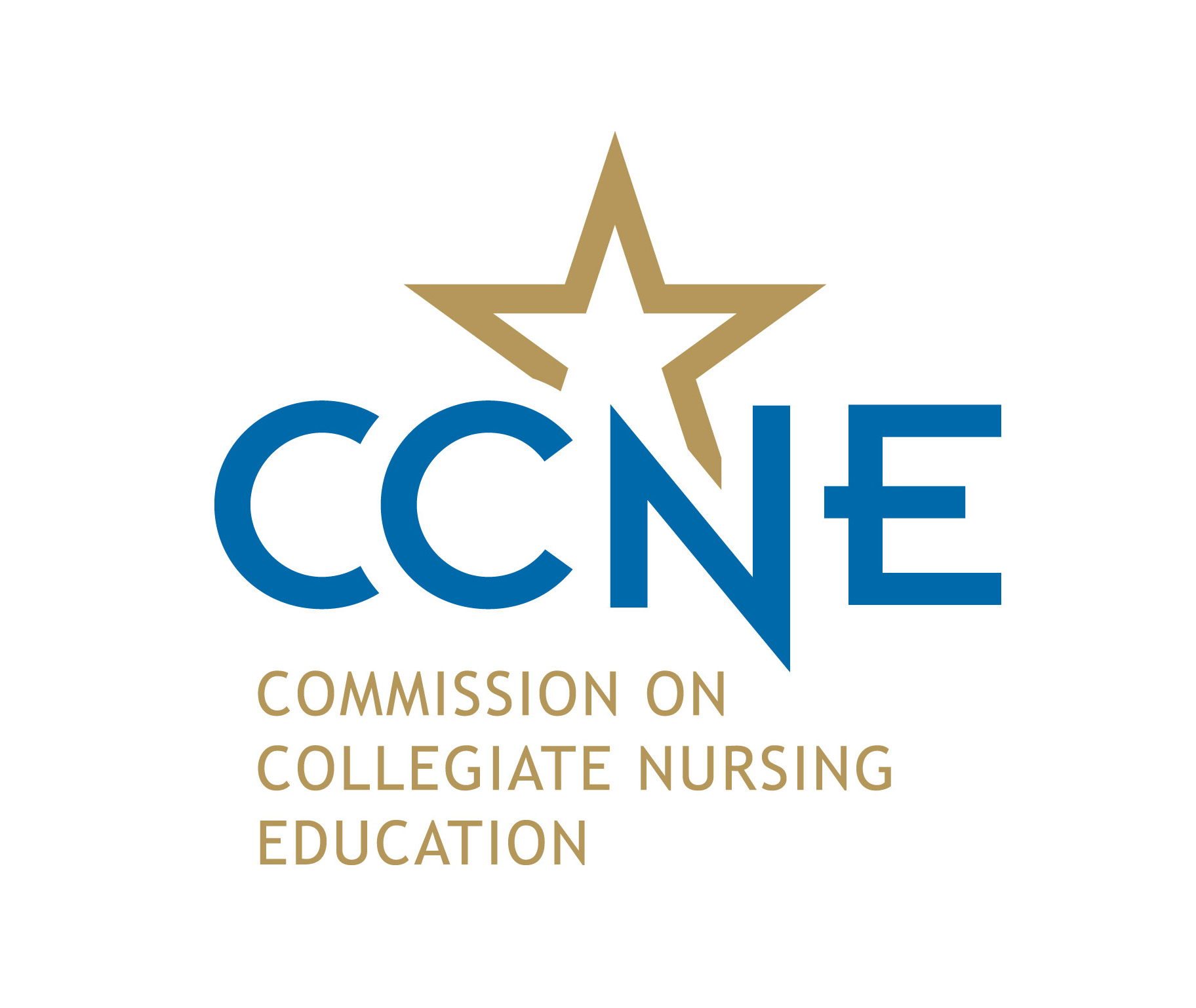DNP to PhD
We value the foundation in evidence-based practice that you have received in your Doctor of Nursing Practice (DNP) program. Our DNP to PhD in Nursing track will allow you to augment your DNP education and conduct research related to your DNP project in order to further improve patient care.
Program Information
The Doctor of Nursing Practice to PhD is a specialty track in the online PhD in Nursing program. This track prepares you to become an independent researcher and nurse scholar while allowing you to augment your DNP education and conduct research related to your DNP project.
Program Type
Major
Degree
Doctorate
School
Duration
4-years
Required Credit Hours
39
Modality
Online
Student and alumni perspectives
Explore DNP to PhD
Program Details
Application Cycle
Apply anytime between August 1 and February 1. There is no GRE or application fee
required.
Our DNP to PhD track is a total of 39 Credits Total (Unless Stats II is needed- 42
credits) **Required Study Abroad *Required on-campus visit *Required on-campus visit Frequently asked questions for the DNP to PhD Program. No later than the fall semester prior to beginning the program. *Please note the course must have been completed within the last 5 years. Duquesne University School of Education offers an online statistics course each fall, GREV 510 - Statistics I. For PhD in Nursing and PhD in Nursing Ethics students, this
must be completed the fall term prior to beginning your summer coursework. To enroll
in this course, please follow the special status application process. If our GREV 510 does not meet your timeline, courses will be accepted from any accredited
university with prior approval from the PhD chair. To assist applicants, our PhD faculty
have identified online courses through Portage Learning and the University of Phoenix that meet the prerequisite requirements. If you identify another course that you would like to attend in person or online,
please submit the course information for approval prior to enrollment. If you have any questions, please contact Director of Admissions Brian Bost at (412)
396-6539 or via email.Curriculum
Student will transfer in up to 12 credits from DNP Program.
Additional time may be needed to complete the dissertation study and final defense.
After a student has completed the required dissertation credits, if additional time
is needed to complete the dissertation work, in consultation with the dissertation
chair, students may move to Continuous Registration for a flat fee.
*Required on-campus visit
Spring - Scientific Tools
Summer - Global View
Spring - Advanced Application
Summer - Preparation and Formation
Spring - Dissertation and Dissemination
Summer - Dissertation and Dissemination
Spring - Dissertation and Dissemination
Summer - Dissertation and Dissemination
Frequently Asked Questions
Request for Credit Consideration
Have questions about the DNP to PhD program? The Doctor of Nursing Practice to PhD specialty track program at Duquesne University
School of Nursing is accredited by the Commission on Collegiate Nursing Education
(CCNE).Questions?
Brian Bost

Learning Outcomes
Accreditation




